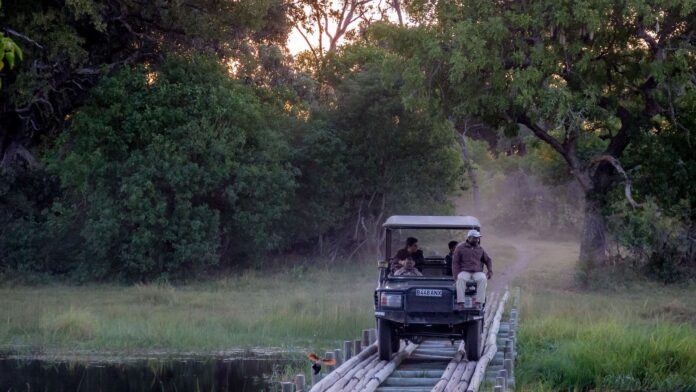Botswana has emerged as a shining example of sustainable tourism on the African continent, dedicating a remarkable 37% of its land to national parks or wildlife management areas. This strategic move aims to preserve the country’s abundant wildlife and natural treasures, setting it apart as a reference for environmentally conscious tourism.
In a unique parallel effort, Botswana places significant emphasis on supporting local communities, particularly in rural areas, to harness the benefits of ecotourism initiatives and infrastructure. This approach not only fosters social inclusion but also contributes to widespread economic development.
A noteworthy aspect of Botswana’s sustainable tourism model is the reinvestment of a portion of tourism-generated revenues into conservation programs. This commitment underscores the country’s dedication to maintaining a delicate balance between economic growth and environmental preservation.
Hailed as a pioneer in sustainable tourism policies and practices in Africa, Botswana crafted its National Ecotourism Strategy as early as 2002, gaining global recognition as a leading destination for responsible tourism. Wildlife sanctuaries have been established to safeguard endangered species like rhinos, while also protecting free-roaming elephant herds from the threat of poachers.
In regions such as the Okavango Delta, a UNESCO Heritage World Site, safari camps and lodges adopt a meticulous approach to environmental preservation. This ensures that future generations and local communities can continue to derive benefits from sustainable commercial operations while enjoying the splendors of this unique ecosystem.
This carefully planned tourism strategy has positioned the industry as the second pillar of Botswana’s economy, attracting discerning international travelers seeking an authentic and eco-friendly experience. The country now proudly hosts one of the largest populations of elephants in an African state, numbering over 200,000.
Aligned with the Botswana National Ecotourism Strategy of 2002, an innovative Ecotourism Certification System has been implemented. This system encourages and supports responsible environmental, social, and cultural practices by businesses within the tourism industry. Key standards have been established, urging businesses to not only comply but also exceed environmentally responsible benchmarks.
The government’s overarching aim is to attract high-income, low-volume tourism, minimizing the impact on the country’s natural landscape and heritage. Botswana’s sustainable tourism success story serves as a blueprint for nations aspiring to balance economic growth with the preservation of their ecological and cultural heritage.
(With inputs from Agencies)


